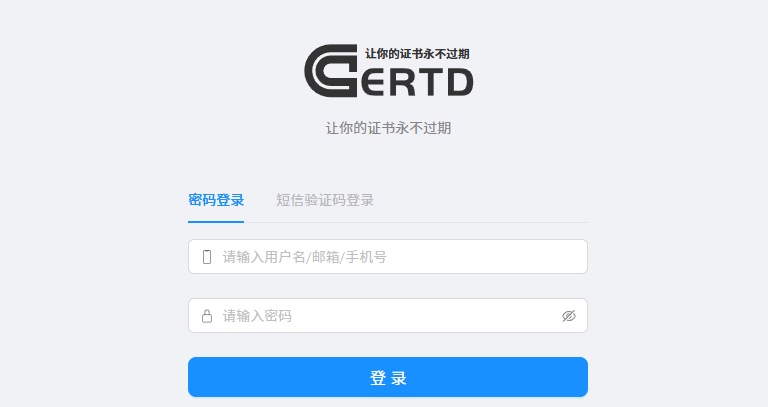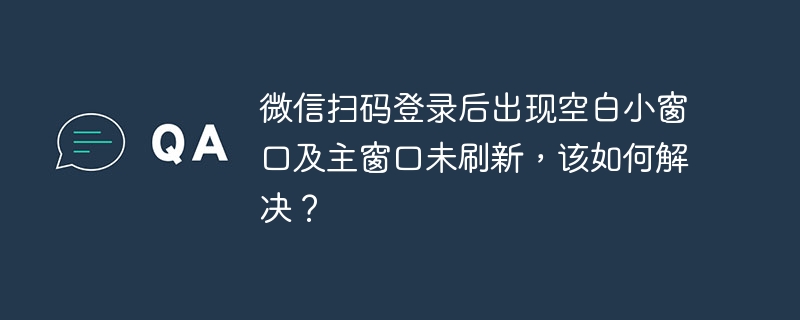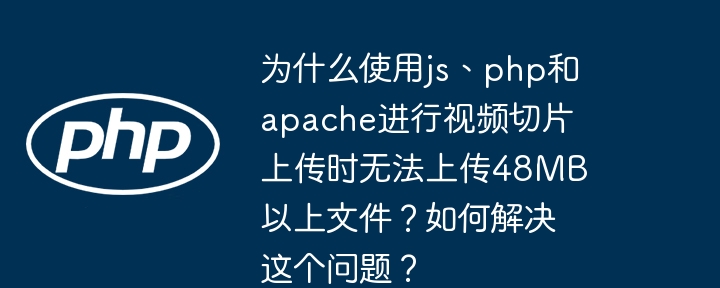實(shí)現(xiàn)實(shí)時(shí)搜索功能需要前端和后端api的配合。1) 在前端,使用html和JavaScript創(chuàng)建輸入框和建議列表。2) 通過javascript監(jiān)聽輸入事件,觸發(fā)api請(qǐng)求并展示結(jié)果。3) 應(yīng)用防抖技術(shù)減少請(qǐng)求頻率。4) 使用css優(yōu)化建議列表的展示。5) 考慮性能優(yōu)化,如虛擬滾動(dòng)。6) 處理網(wǎng)絡(luò)請(qǐng)求錯(cuò)誤,提升用戶體驗(yàn)。7) 確保后端搜索算法和數(shù)據(jù)質(zhì)量,以提高建議準(zhǔn)確性。

要實(shí)現(xiàn)實(shí)時(shí)搜索功能,通常我們會(huì)使用前端技術(shù)結(jié)合后端API來完成。在前端,我們可以利用JavaScript和HTML來實(shí)現(xiàn)這個(gè)功能。我會(huì)從實(shí)際操作出發(fā),結(jié)合一些個(gè)人經(jīng)驗(yàn),來詳細(xì)講解如何實(shí)現(xiàn)這個(gè)功能。
首先,在前端我們需要一個(gè)輸入框,當(dāng)用戶輸入時(shí),實(shí)時(shí)觸發(fā)搜索請(qǐng)求并展示建議結(jié)果。讓我們從一個(gè)簡(jiǎn)單的HTML結(jié)構(gòu)開始:
<input type="text" id="searchInput" placeholder="輸入關(guān)鍵詞..."><div id="suggestions"></div>
接著,我們需要用JavaScript來處理輸入事件和API請(qǐng)求。假設(shè)我們有一個(gè)后端API /api/search 可以根據(jù)關(guān)鍵詞返回搜索建議:
立即學(xué)習(xí)“前端免費(fèi)學(xué)習(xí)筆記(深入)”;
const searchInput = document.getElementById('searchInput'); const suggestionsDiv = document.getElementById('suggestions'); searchInput.addEventListener('input', function() { const query = this.value; if (query.length > 0) { fetch(`/api/search?q=${query}`) .then(response => response.json()) .then(data => { suggestionsDiv.innerHTML = ''; data.forEach(item => { const suggestion = document.createElement('div'); suggestion.textContent = item; suggestion.addEventListener('click', function() { searchInput.value = this.textContent; suggestionsDiv.innerHTML = ''; }); suggestionsDiv.appendChild(suggestion); }); }); } else { suggestionsDiv.innerHTML = ''; } });
在這個(gè)實(shí)現(xiàn)中,我們監(jiān)聽輸入框的 input 事件,每次輸入變化時(shí),都會(huì)向后端發(fā)送請(qǐng)求,并更新建議列表。用戶點(diǎn)擊建議項(xiàng)時(shí),輸入框的值會(huì)被更新,建議列表清空。
在實(shí)際項(xiàng)目中,我發(fā)現(xiàn)幾個(gè)需要注意的點(diǎn):
- 防抖(Debounce):為了避免頻繁的API請(qǐng)求,我們可以使用防抖技術(shù)。每次用戶輸入時(shí),我們會(huì)清除之前的定時(shí)器,然后設(shè)置一個(gè)新的定時(shí)器,延遲一段時(shí)間后再發(fā)送請(qǐng)求。這樣可以減少不必要的請(qǐng)求,提高用戶體驗(yàn)。
let debounceTimer; searchInput.addEventListener('input', function() { const query = this.value; clearTimeout(debounceTimer); debounceTimer = setTimeout(() => { if (query.length > 0) { fetch(`/api/search?q=${query}`) .then(response => response.json()) .then(data => { suggestionsDiv.innerHTML = ''; data.forEach(item => { const suggestion = document.createElement('div'); suggestion.textContent = item; suggestion.addEventListener('click', function() { searchInput.value = this.textContent; suggestionsDiv.innerHTML = ''; }); suggestionsDiv.appendChild(suggestion); }); }); } else { suggestionsDiv.innerHTML = ''; } }, 300); // 300ms延遲 });
- 用戶體驗(yàn):建議列表的展示位置和樣式非常重要。我喜歡使用css來確保建議列表不會(huì)遮擋輸入框,并且在視覺上引導(dǎo)用戶注意。
#suggestions { position: absolute; background-color: white; border: 1px solid #ccc; max-height: 200px; overflow-y: auto; z-index: 1000; } #suggestions div { padding: 10px; cursor: pointer; } #suggestions div:hover { background-color: #f0f0f0; }
-
性能優(yōu)化:在處理大量數(shù)據(jù)時(shí),我們需要考慮前端的性能。我曾遇到過一個(gè)項(xiàng)目,搜索建議數(shù)據(jù)量很大,導(dǎo)致頁面卡頓。我們使用虛擬滾動(dòng)技術(shù)來優(yōu)化這個(gè)過程,只渲染可視區(qū)域內(nèi)的建議項(xiàng)。
-
錯(cuò)誤處理:網(wǎng)絡(luò)請(qǐng)求可能會(huì)失敗,我們需要優(yōu)雅地處理這些錯(cuò)誤,確保用戶體驗(yàn)不會(huì)受到太大影響。
fetch(`/api/search?q=${query}`) .then(response => { if (!response.ok) { throw new Error('Network response was not ok'); } return response.json(); }) .then(data => { // 處理數(shù)據(jù) }) .catch(error => { console.error('There has been a problem with your fetch operation:', error); suggestionsDiv.innerHTML = '<div>搜索失敗,請(qǐng)稍后重試</div>'; });
- 搜索建議的質(zhì)量:后端的搜索算法和數(shù)據(jù)質(zhì)量直接影響前端展示的效果。我曾經(jīng)在項(xiàng)目中使用elasticsearch來提升搜索建議的準(zhǔn)確性和速度。
在實(shí)際項(xiàng)目中,我發(fā)現(xiàn)實(shí)時(shí)搜索功能雖然看似簡(jiǎn)單,但要做好卻需要考慮很多細(xì)節(jié)。從用戶體驗(yàn)到性能優(yōu)化,每一步都需要精心設(shè)計(jì)。希望這些經(jīng)驗(yàn)和代碼示例能幫助你更好地實(shí)現(xiàn)實(shí)時(shí)搜索功能。
.jpg)
















.png)
